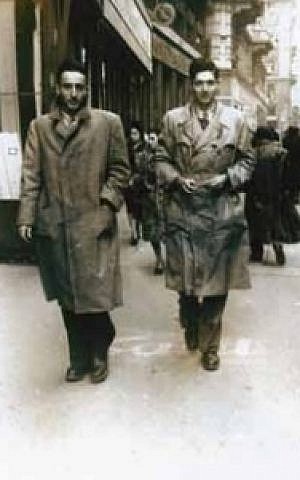

In early September 2012, the New York Police Department (NYPD) opened an Israeli branch at the Sharon District Police Headquarters in the Israeli coastal city of Kfar Saba. “We attend various training in the states on terrorism and counter terrorism issues but never have I ever learned as much as I have just by looking and observing as I have been in. “It’s really been an eye-opener,” says Col. Robert Quinn, commander of the New Hampshire State Police, was part of the delegation. “The program covered topics such as border security and media response during crises as well as overviewing strategies for treating mass casualties, performing rescue operations, and establishing command and control at the scene of a terror attack.Ĭol. Israeli Police spokesman Micky Rosenfeld said the program provided the visiting officials with an opportunity to “learn from each other and their Israeli counterparts. In November 2011, a delegation of senior American law enforcement officials, including police commanders, security experts and FBI agents, went to Israel for a joint training seminar with Israeli counter-terrorism officials sponsored by the Anti-Defamation League. “I think we can learn a lot from other countries, particularly Israel, which unfortunately has a long history of preparing for and responding to terrorist attacks,” said Senator Susan Collins (R-ME) about the special office.Ī 2007 publication by the Police Executive Research Forum said, “We must embrace, in particular, our Israeli and British counterparts, to whom we can turn for lessons learned.” Department of Homeland Security established a special Office of International Affairs to institutionalize the relationship between Israeli and American security officials. “They have so much more experience in dealing with this than we do in the United States.”Īlso, in 2003, the U.S. “I think it’s invaluable,” said Washington, DC Police Chief Charles Ramsey about the instruction he received in Israel. We were there to learn from them - their response, their efforts to deter it.

“The police are the front line in the battle against terrorism. “We went to the country that’s been dealing with the issue for 30 years,” Boston Police Commissioner Paul F. law enforcement officials - from Washington, Chicago, Kansas City, Boston and Philadelphia - traveled to Israel to attend a meeting on “Law Enforcement in the Era of Global Terror.” The workshops helped build skills in identifying terrorist cells, enlisting public support for the fight against terrorism and coping with the aftermath of a terrorist attack. In January 2003, thirty-three senior U.S. Morten prepared a new Homicide Bomber Prevention Protocol and was better able to secure the Academy Awards presentation. In 2002, Los Angeles Police Department detective Ralph Morten visited Israel to receive training and advice on preparing security arrangements for large public gatherings. With the United States on constant terror alert since the events of September 11, 2001, Americans are taking advantage of Israel’s expertise in various facets of counter-terrorism and first response to better protect the American people. More than 1,000 law enforcement officials and first responders have gone to Israel for joint training and exercises with their Israeli counterparts. While the program is costing the Innovation Authority only a few million shekels, the question arises as to why those funds aren’t being directed toward smaller Israeli companies with less funding.U.S.-Israel Strategic Cooperation: Table of Contents| Evolution of Alliance| Naval Training

For example, Microsoft had revenues of $143 billion in 2020, while Matrix, an Israeli company, had revenues of 2.8 billion shekels and net profit of 130 million shekels for the first three quarters of 2020. The participating employees also have an incentive, so it’s not clear why government involvement and aid is needed.įurthermore, some of the program participants are flush with cash. There is high demand for artificial intelligence skills, and the companies have a manifest interest in participating in the program. This program, however, focuses on highly-skilled workers who already earn some of the country’s highest salaries, and presumably will enable them to earn even more. In the past, the Innovation Authority funded programs to bring new population groups into Israel’s high-tech industry and to train unskilled workers for a career change.


 0 kommentar(er)
0 kommentar(er)
